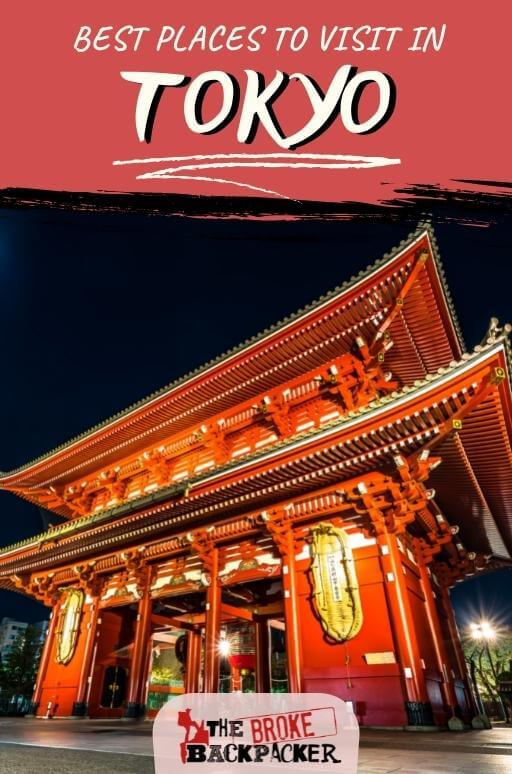Starting at the Senso-ji Temple and Nezu Jinja: An Pilgrimage Across the Heart of Tokyo's Sacred Sites
Tokyo Metropolis, a vibrant city known for its cutting-edge technology and vibrant urban life, also serves as a sanctuary for those seeking peace and spiritual growth. Among the soaring towers and bustling roads, the city is home to an array of sacred sites that tell the story of Japan's rich cultural and religious heritage. From the historic halls of Senso-ji to the tranquil gardens of Nezu Shrine, these spiritual sites offer a glimpse into the soul of Tokyo, inviting both inhabitants and travelers to embark on a spiritual journey.
As you navigate through the diverse landscapes of Tokyo, each temple and shrine presents its own special significance and meaning. The Buddhist shrines in Tokyo serve as calm sanctuaries where one can ponder, focus, and connect with a deeper sense of self. Whether you are drawn to the grandeur of iconic structures or the quiet beauty of lesser-known sites, visiting the sacred spaces in Tokyo is an opportunity that connects with the soul, creating a bond with centuries of heritage and faith. This exploration through Tokyo's sacred sites is not only a spiritual quest but also a commemoration of the city's heritage, construction, and the constant pursuit for calm and understanding.
Investigating Sensoji Temple
Sensoji Shrine, found in the ancient Asakusa area region, is the capital's earliest and most notable temple. Founded in 628, it is dedicated to Kannon, the Buddhistic goddess of forgiveness. The approach to the shrine is marked by the iconic Thunder Gate Gate, which features a large crimson lantern and acts as a vibrant introduction to the sacred journey ahead. As pilgrims walk through the lively Nakamise-dori, lined with stalls offering authentic delicacies and souvenirs, they can feel the fusion of history and culture that Sensoji reflects.
Once within the shrine premises, the serene atmosphere invites contemplation and observation. The principal hall, or Hondo, attracts countless worshippers who come to pay their respects, utter prayers, and enjoy its detailed architectural beauty. The shrine's stunning features, from the decorative carvings to the surrounding green spaces, provide a tranquil sanctuary from the busy city life. view site take part in the tradition of drawing fortunes, picking fortunes from a container, which adds an engaging feature to their spiritual experience.
Sensō-ji is more than a temple but also a center of culture where celebrations and religious ceremonies take place throughout the months. The Sanja Festival, conducted in May, draws large crowds marking the temple’s establishment and pays tribute to its divinities. Regardless of whether you come for faith-related reasons or just to enjoy its splendor, Senso-ji Temple embodies a crucial piece of Tokyo's heritage, making it a essential stop on any exploration through the city's sacred sites.
This Peacefulness of Nezu Shrine
Nezu Shrine, nestled in the lush greenery of Tokyo, offers a calm escape from the bustling city life. Established in the mid 18th century, this Shinto shrine is dedicated to the deity of education and scholarship, making it a popular spot for students seeking blessings before exams. The charm of Nezu Shrine lies in its peaceful atmosphere, where the sounds of nature provide a soothing backdrop, inviting visitors to stop and meditate.
The pathways leading to Nezu Shrine are adorned with vibrant azalea flowers that bloom magnificently in spring, creating a stunning visual experience. The architectural beauty of the shrine itself features traditional Japanese design elements, including vibrant vermillion torii gates and intricate carvings. As you walk through these gates, there is a palpable sense of entering a sacred space, enhanced by the smell of incense wafting through the air.
Visiting Nezu Shrine is not just about admiring its beauty but also engaging in spiritual practices. Pilgrims and tourists alike partake in rituals such as throwing coins into the offering box, ringing the ceremonial bell, and making wishes. This connection to heritage fosters a sense of inner peace, allowing visitors to detach from the rapid pace of modern life and embrace the calmness that resides within this sacred location.

Buddhism Tradition in the Capital
The city is home to a diverse tapestry of Buddhist heritage, with countless shrines that reflect the city's spiritual depth and historical significance. Among these, Senso-ji, located in the Asakusa district, is famous as the earliest and most iconic temple in the city. Established in the year 645, this temple attracts millions of pilgrims annually, who come to experience its colorful atmosphere and seek blessings from Kannon, the Goddess of Mercy. The approach to this temple, known as Nakamise-dori, is lined with authentic shops offering local snacks and crafts, adding to the richness of the visit.
An additional significant site is the Zojo-ji temple, nestled near Tokyo Tower. This temple serves as the principal temple of the Jodo sect and features a stunning main hall surrounded by a serene cemetery. The contrast of the modern city skyline and the ancient temple creates a unique visual experience, illustrating the coexistence of tradition and modernity. Zojo-ji is particularly notable for its large Buddha sculpture and the tombs for historical Tokugawa leaders, highlighting its connection to Japan's past leaders.
In the heart of the city lies the serene grounds of the Nezu Shrine, which, while predominantly a Shinto shrine, also hosts features of Buddhism influence, particularly during seasonal festivals. The beautiful pathways and abundant foliage create a quiet sanctuary away from the city’s bustle. Exploring these sacred sites of Tokyo provides not only insights into the spiritual practices of Buddhism but also a deeper appreciation of the cultural heritage that continues to thrive in this bustling metropolis. These sacred sites invite visitors to link with the past while discovering the living customs that shape modern the capital.